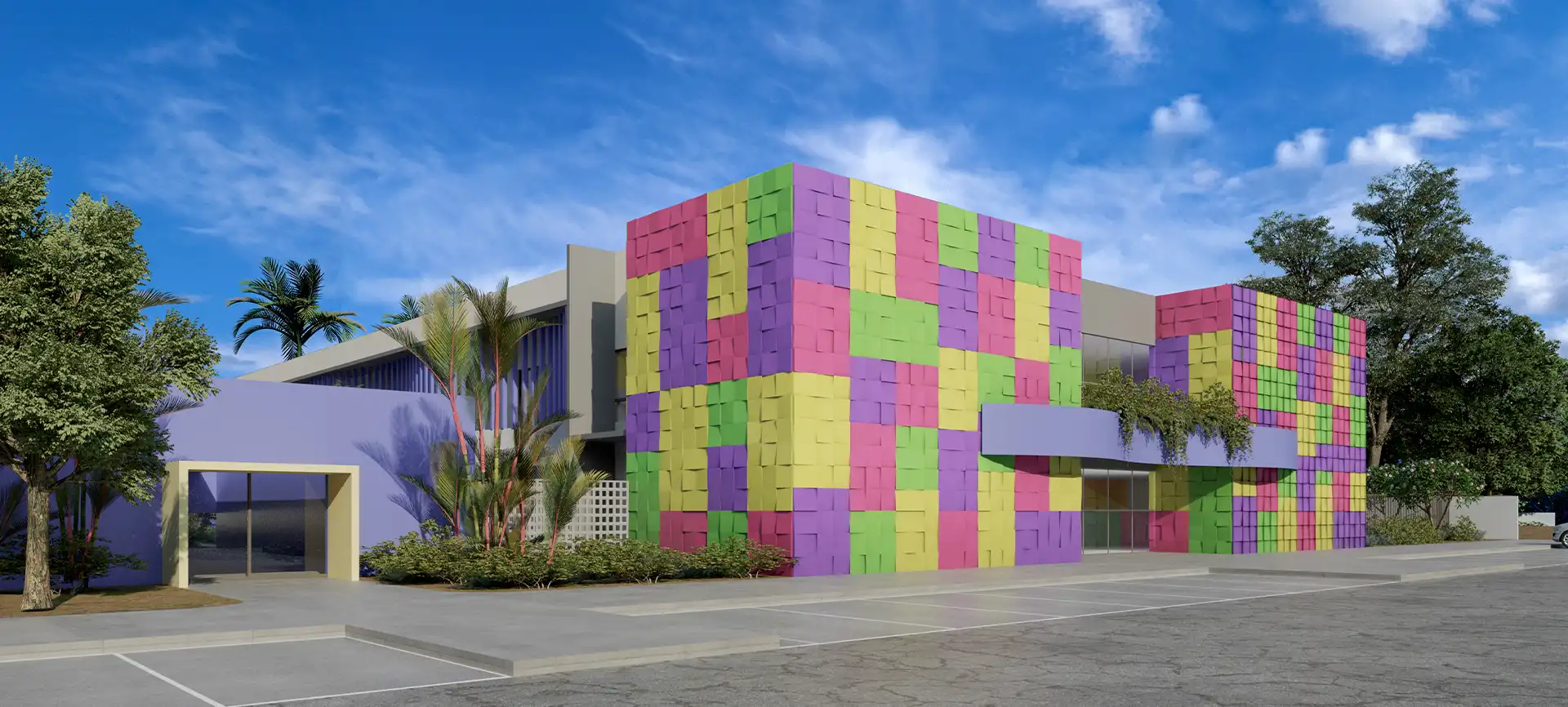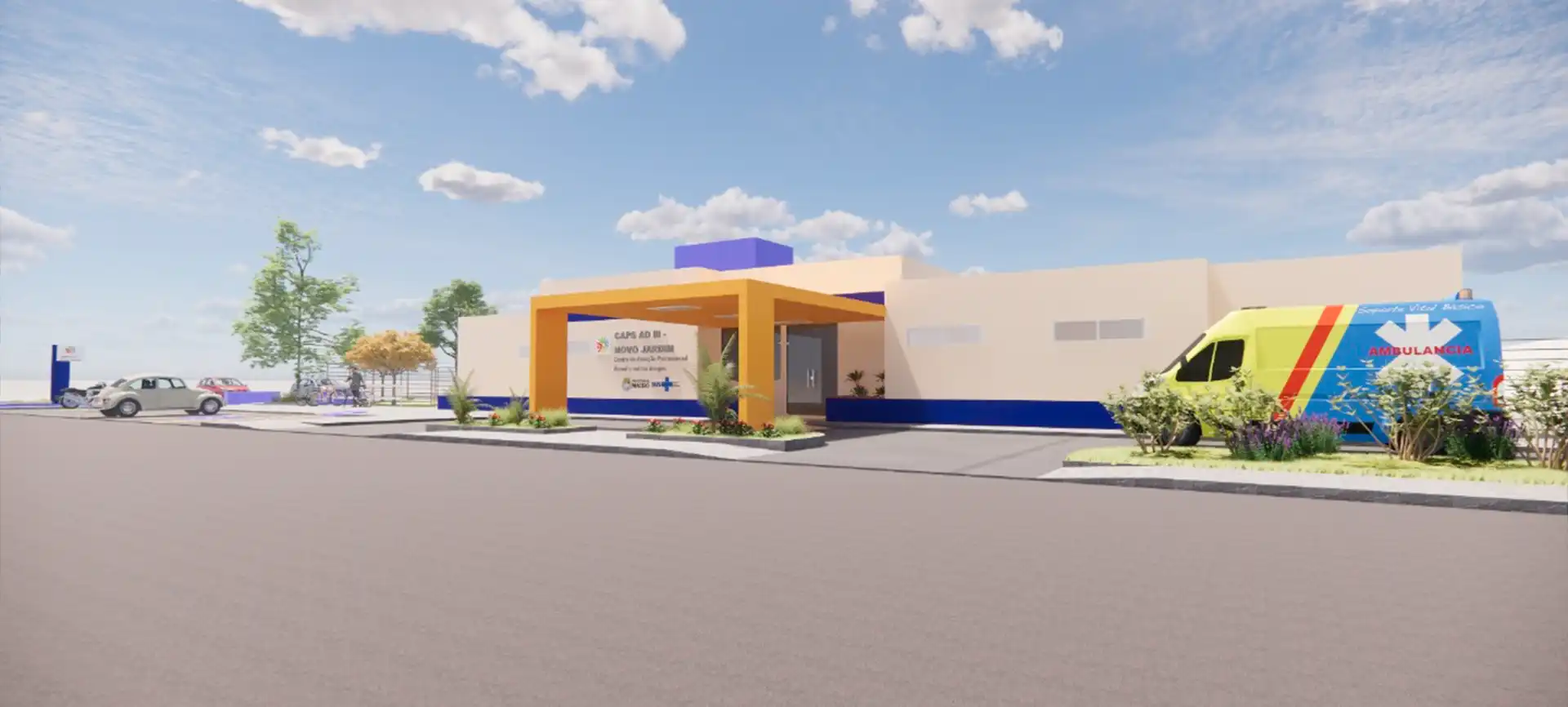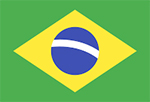Braskem Begins Construction on Socio-Urban Action Plan

- Specialized companies contracted to build health, education, and social service facilities.
- Work begins with renovation of building for CRAS in Bebedouro.
The first project under the Socio-Urban Action Plan (PAS) is already underway. It involves the renovation of a building to house a Social Assistance Reference Center (CRAS) in the Bebedouro neighborhood. Also scheduled to begin in the first half of the year are the construction of a Municipal Early Childhood Education Center (CMEI) and a Level III Psychosocial Care Center for Alcohol and Drug Treatment (CAPS AD III), both located in Cidade Universitária.
The three-story building-located at the corner of Ladeira Professor Benedito Silva and Rua Marquês de Abrantes-will be fully renovated and equipped with the necessary furniture and infrastructure. It has a total usable area of 775 m², with 360 m² designated for the CRAS. The remaining space will house the Flexal Community Center, to be managed by the municipal government.
Education and Health in the Upper Area
The first PAS Municipal Early Childhood Education Center (CMEI) will be built in Cidade Universitária. The facility will cover 3,700 m² and serve up to 600 children from 0 to 5 years old. Designed to foster learning, independence, and the development of communication and creative skills, the center complies with Ministry of Education guidelines, with additional input from local experts in Maceió to meet community needs.
A Level III Psychosocial Care Center for Alcohol and Drug Treatment (CAPS AD III) will also be built in the upper part of the city, providing specialized mental health and substance abuse services. The facility will be 741 m² and accommodate up to 45 patients daily. The project complies with Ministry of Health standards, with local adaptations proposed by the city government.
Cultural Initiatives
The first PAS initiatives were implemented in the areas of culture and heritage. Since December 2023, the Cultural Group Support Program has enabled the hiring of choreographers and costume designers and funded the purchase of costumes, props, and musical instruments for five cultural groups formerly based in the vacated areas. The program also supports traditional festivities in surrounding neighborhoods.
An inventory of the intangible cultural heritage of the neighborhoods of Mutange, Pinheiro, Bebedouro, Bom Parto, and Farol is currently underway, conducted by the Federal University of Alagoas (UFAL). Community agents trained by the Brazilian Institute of Historic and Artistic Heritage (IPHAN) are helping identify key cultural figures and how traditional expressions connect to the displaced areas.
About the PAS
The Socio-Urban Action Plan (PAS) is part of the Socio-Environmental Agreement signed in December 2020 by the Federal Public Prosecutor's Office (MPF) and Braskem, with the participation of the State Public Prosecutor's Office (MPE) and the Municipality of Maceió.
The Socio-Urban Action Plan (PAS) brings together more than 40 initiatives, including the construction or renovation of daycare centers, markets, public squares, and health care units, as well as actions in the cultural, social, economic, and urban spheres. Some actions are carried out by the company; others by the City of Maceió. The plan is fully funded by Braskem, with a budget of BRL 198 million, adjusted annually.
The actions were defined through a Participatory Technical Assessment conducted by an independent specialized firm, as stipulated in the agreement. The PAS was shaped with contributions from the local community, the municipal government, and public institutions.
The plan is organized into four pillars of focus: social policies and vulnerability reduction; economic activity, employment, and income; urban and environmental improvement; and the preservation of culture and memory.
Project Highlights
Pillar 1: Social policies and vulnerability reduction
- Construction of a Psychosocial Care Center for Alcohol and Drug Treatment (CAPS) in Cidade Universitária;
- Renovation and expansion of Basic Health Units (UBS) in Benedito Bentes, Cidade Universitária, and Clima Bom;
- Renovation and expansion of the Health Reference Unit (URS) in Pitanguinha;
- Construction of two Social Assistance Reference Centers (CRAS) in the neighborhoods of Bebedouro and Cidade Universitária;
- Renovation of two Social Assistance Reference Centers (CRAS) in the neighborhoods of Benedito Bentes and Pitanguinha;
- Implementation of a Specialized Social Assistance Reference Center (CREAS) in the neighborhood of Santa Amélia;
- Support for the development of technical update projects for early childhood and elderly care services;
- Development of a community and intergenerational integration project for the communities in the neighborhoods that make up Focal Centers 2 and 3;
- Development of an improvement project for Psychosocial Care Centers (CAPS) and Reception and Screening Center (CAT)
- Construction of two Municipal Early Childhood Education Centers in the neighborhoods of Cidade Universitária and Ponta Grossa;
- Donation of equipment to public security forces.
Pillar 2: Economic activity, work, and income
- Renovation of public markets in the neighborhoods of Benedito Bentes and Jacintinho, and improvement of nearby open-air fairs;
- Creation of a support fund and access to microcredit for Individual Microentrepreneurs (MEI) and Micro and Small Businesses (MPE);
- Technical support to strengthen fishing activities;
- Professional qualification for the insertion of young people into the job market;
- Entrepreneurship support through training and provision of management tools.
Pillar 3: Urban and environmental qualification
- Renovation of five public squares in the neighborhoods of Farol, Clima Bom, Tabuleiro do Martins, Santa Amélia, and Cidade Universitária;
- Construction of four small sports fields in the neighborhoods of Benedito Bentes, Cidade Universitária, Antares, and Tabuleiro do Martins;
- Construction of two small sports fields and urban improvement works in the neighborhood of Bom Parto and the Vila Saem community, in Pinheiro;
- Requalification and revitalization of the commercial center in Chã da Jaqueira, Jacintinho, Benedito Bentes, Village Campestre, Santa Lúcia, Tabuleiro do Martins, and Cidade Universitária neighborhoods;
- Tree planting along public roads and expansion of urban green areas.
Pillar 4: Preservation of culture and heritage
- Preparation of an inventory of tangible and intangible cultural references;
- Support program for cultural groups and manifestations that operated in the neighborhoods affected by the ground subsidence;
- Launch of a public call for cultural funding;
- Implementation of a dedicated space for culture and identity;
- Production of cultural portraits of neighborhoods affected by land subsidence.


PHOTO CREDIT - Philipe Medeiros / Courtesy of Braskem

 EN
EN

